MULTILADA
DwuZam

Intentional bilingualism occurs when one (or both) parents choose to address their child in a language other than their mother tongue and other than the language of the community. For example, Polish-speaking parents who were born and raised in Polish monolingual families, although living with their families in Poland, choose to speak English to their children.

Aims of the project
In the project we will try to estimate how many families in Poland introduce intentional bilingualism. We will investigate the socio-economic, psychological, and linguistic environment of children raised in non-native bilingualism. We will find out what impact it has on children's linguistic, cognitive and emotional development.
Why is this important?
More and more families are introducing intentional bilingualism, especially in Eastern Europe and Asia. What we don't yet know is how this decision affects the family's life: its well-being and the child's linguistic and cognitive development. Our project is one of the first to be able to answer these questions.
Who may participate in the study?
We invite parents practicing intentional bilingualism with their children between the ages of 2 and 7 years old (online questionnaire study). For an on-site study with children and parents, we will be inviting families with children aged 3 to 6 years: monolingual, naturally bilingual (with a parent coming from an English-speaking country) and practicing non-native bilingualism.
Principal Investigator
Get to know the principal investigator of our project
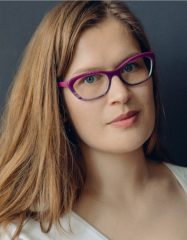

Magdalena Łuniewska

Scholarship Recipients
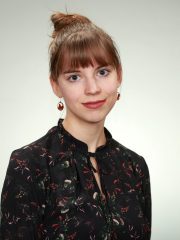

Weronika Araszkiewicz

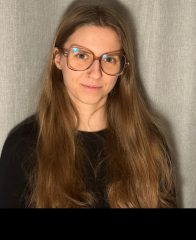
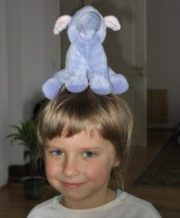
Alicja Jeleń
Alicja Jeleń is a Cognitive Science student at the University of Warsaw. For her bachelor's thesis, based on data from the PolkaNorski project, she is studying the topic of cognates. She is also a scholarship recipient in the DwuZam project, which focuses on intentional bilingualism—a topic aligned with her interests in childhood bilingualism. Additionally, as part of the PolkaNorski-Implemented project, she co-conducts research on the beliefs of practitioners working with bilingual children.


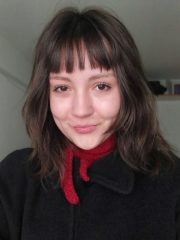
Zofia Kordas

Research Assistants
Get to know research assistants involved in our project
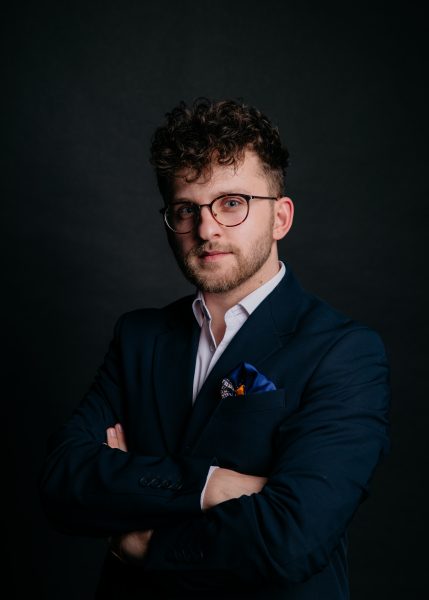
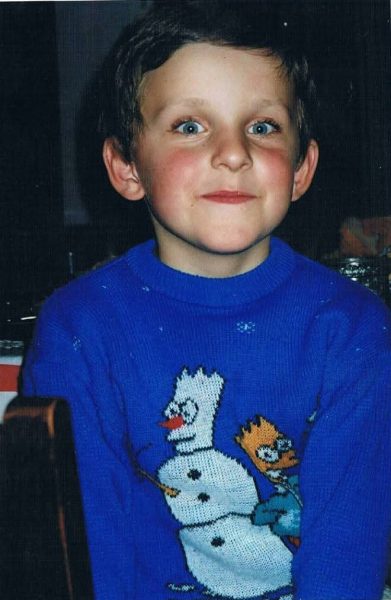
Mateusz Dudka


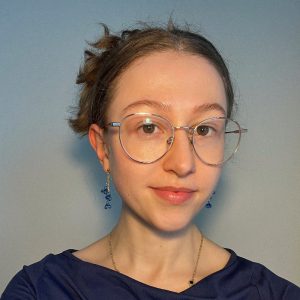
Alicja Kiełpińska

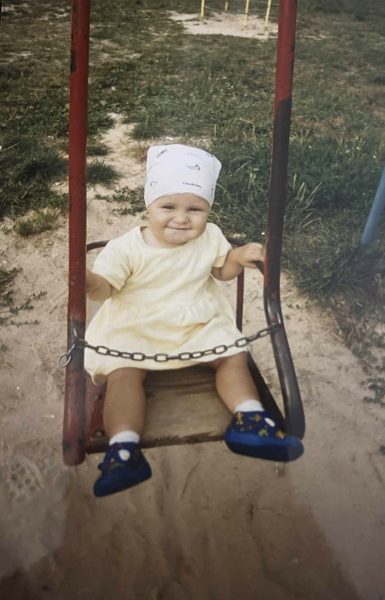
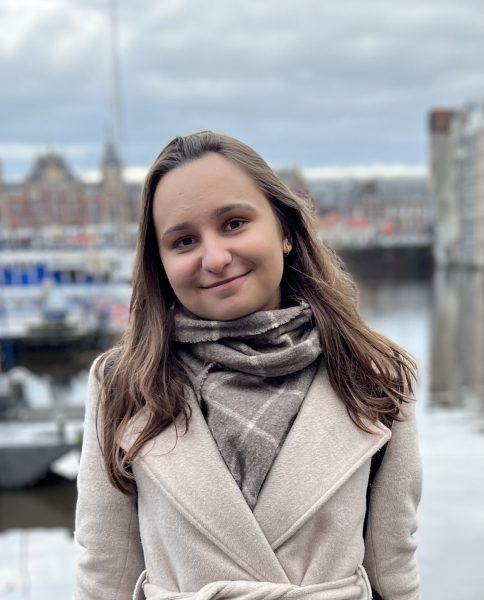
Dominika Lis

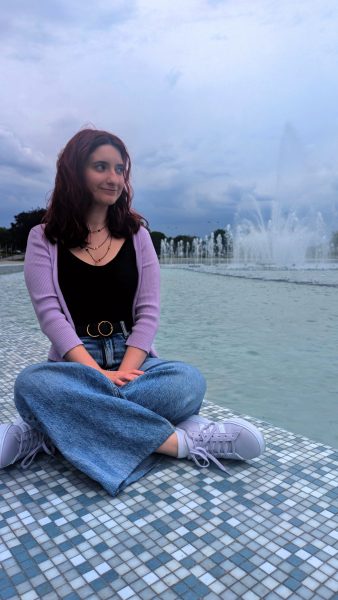
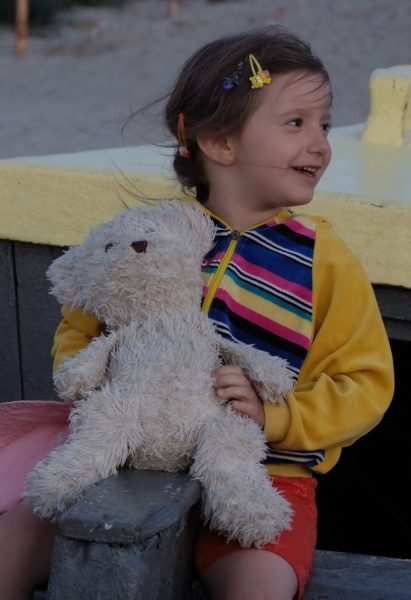
Monika Mordawska

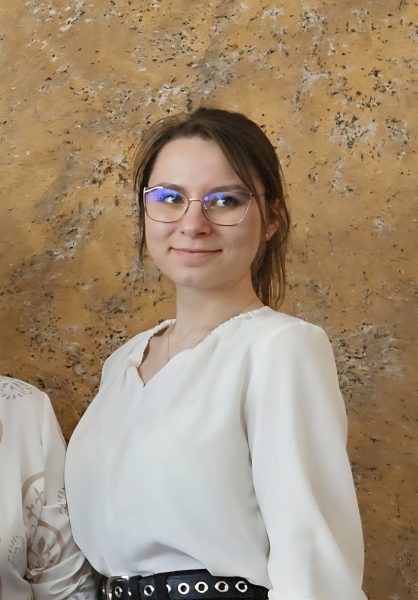
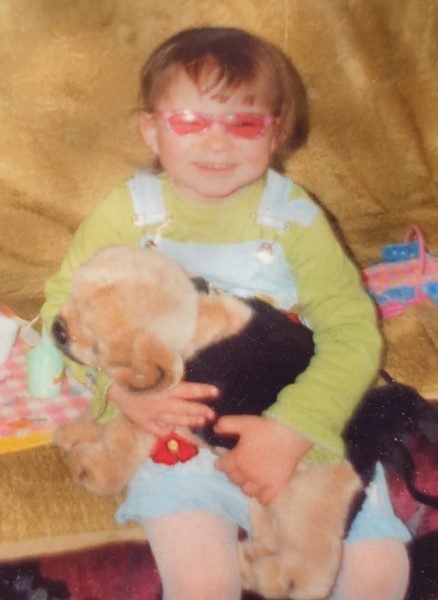
Aleksandra Możdżeń

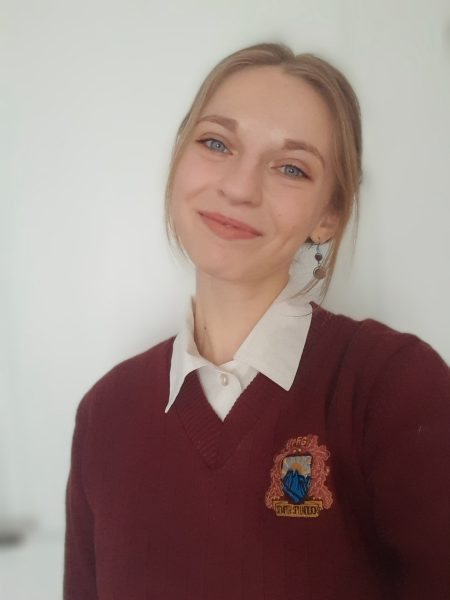
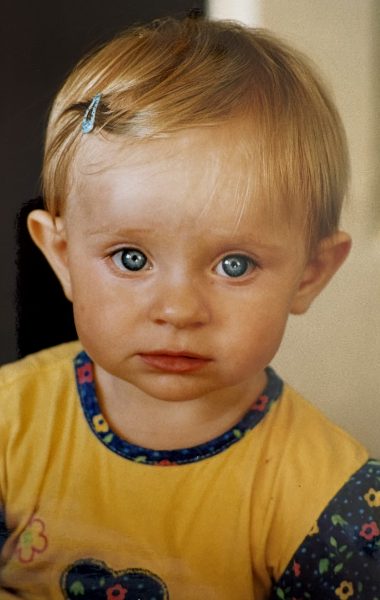
Katarzyna Piwko

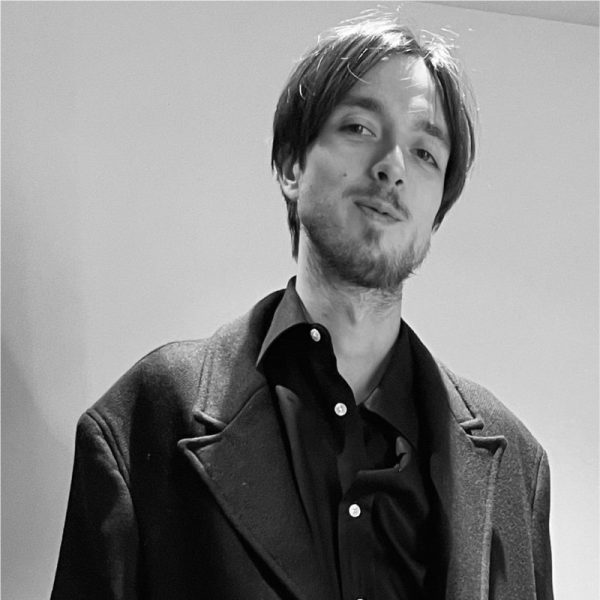
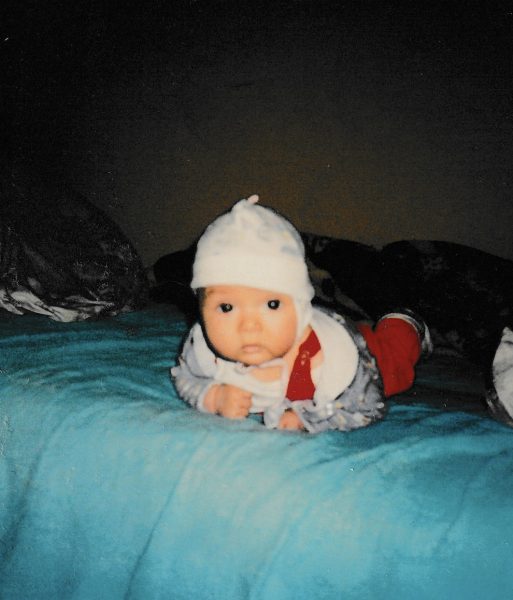
Bartosz Postawa

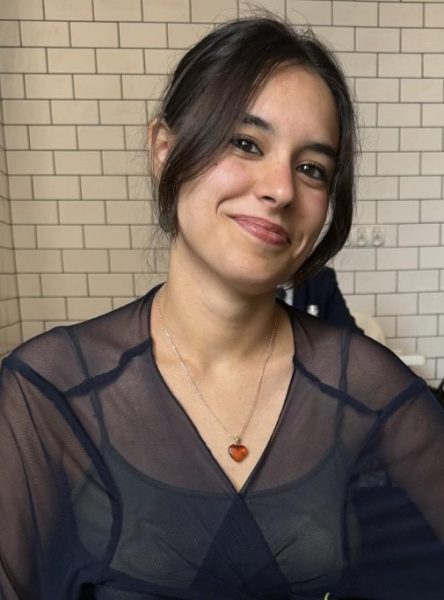
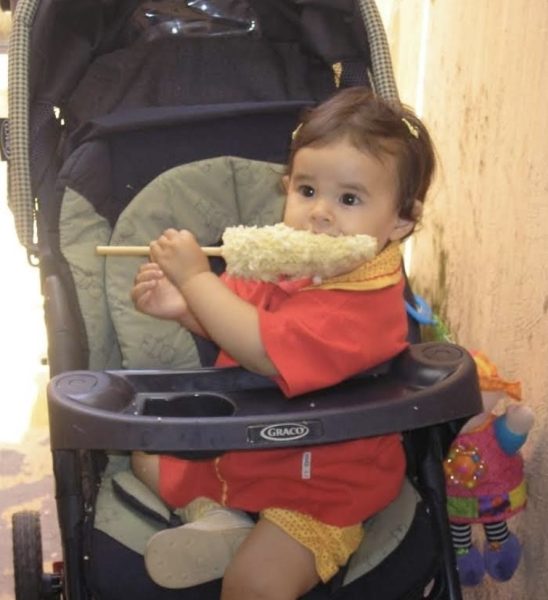
Natalia Ziętara González

The project is conducted at the Faculty of Psychology, University of Warsaw
and financed by the National Science Center (SONATA 19 programme). Full title of the project: Parenting in a non-native language: quantity, quality, and consequences for child development (2023/51/D/HS6/02480).

